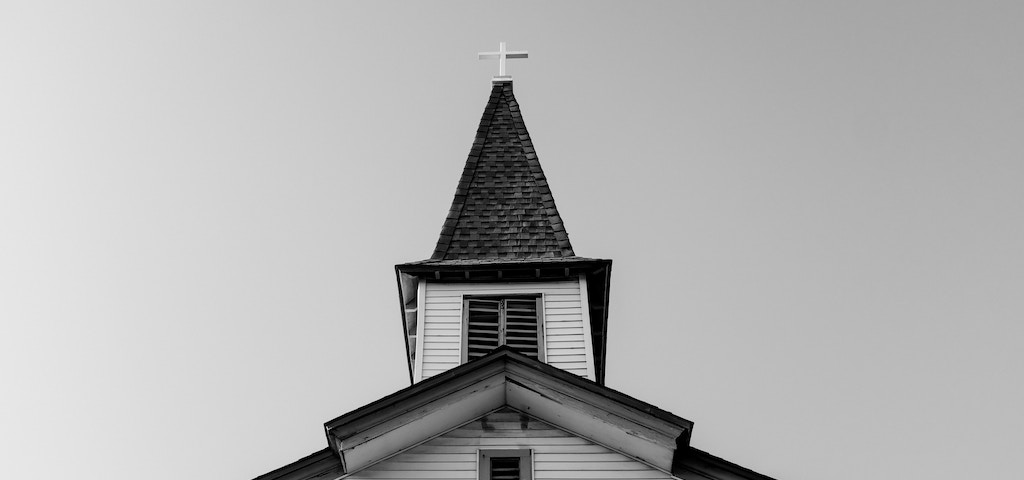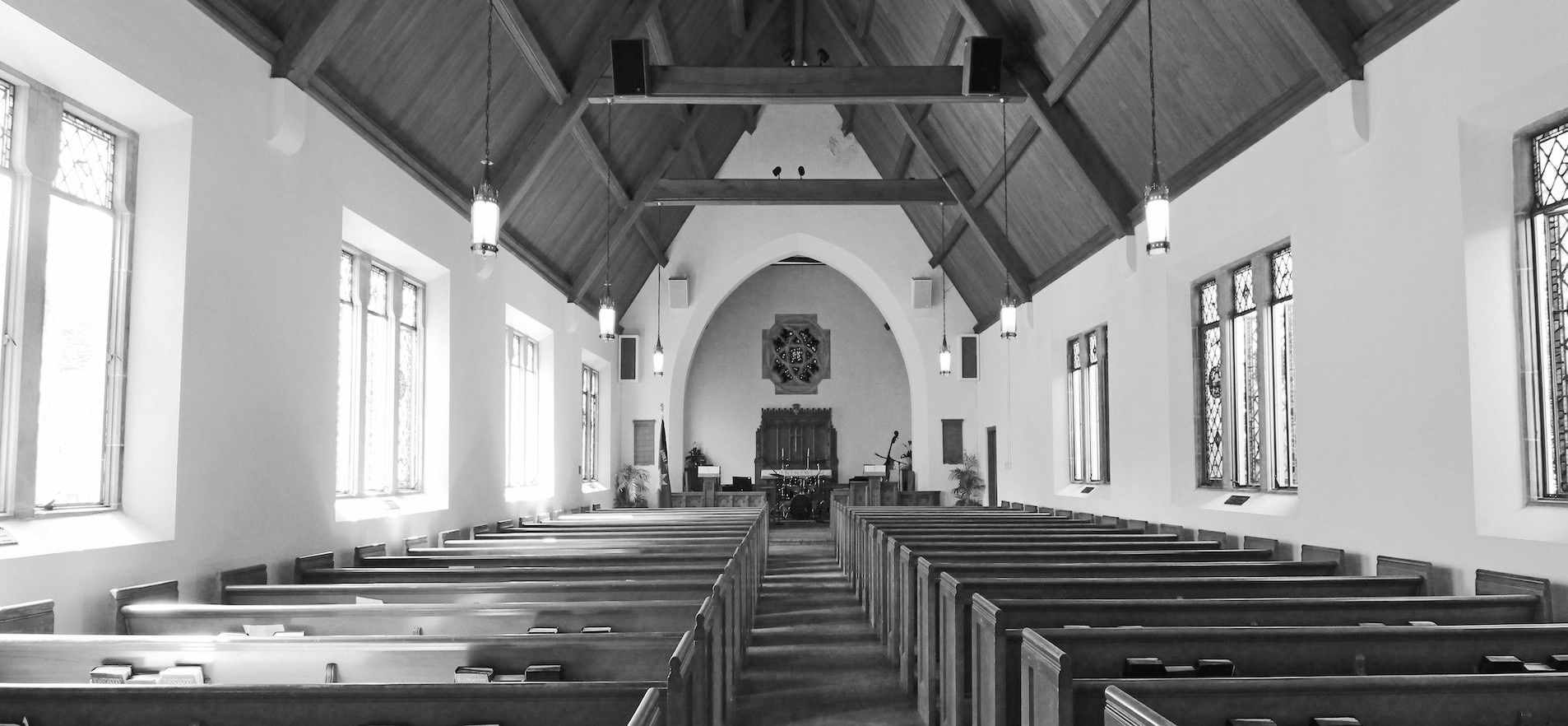Episode 117: Crisis Fatigue
In this episode we sit down to talk about how leaders should think about responding to local and global crises when they arise, and about how they care for their own souls in crisis.

Be sure to subscribe to our YouTube Channel and follow us on Instagram, Facebook and Twitter to stay connected with us throughout the week!
The fatigue is real… we got into ministry because we care for those who are hurting, and over the past year and a half, that’s been put to the test…
We don’t have an endless supply of empathy… you can run out… one of the things I’m concerned about for my own soul is if I ever stop feeling [what I should feel for crises]…
The first lens on how we should spend ourselves is this: what are your people talking about in the lobby? If they’re talking about it in the lobby, we should be talking about it in the pulpit…
One of the problems with social media is that our awareness outpaces our agency… one thing we could do as leaders is to spend more time following what our people are talking about on social media and less time following what everyone else is talking about…
Jesus commissioned his disciples into Jerusalem, Judea, Samaria, and to the ends of the earth… Jesus seems to be calling them not just to their neighborhood or region, but also to places that would test and stretch them…
Your time can’t be spent evenly in these four quadrants… we need to understand that we need to allot our time in a way that is sustainable…
We don’t invest our money anywhere where we don’t have trusted relationships… it’s not a matter of “if” but “when” we are going to have opportunities, and the worst feeling is having resources but no one to call [to deploy those resources to]…
Many people in the church want to be “special forces” missions people… but if we’re only focusing on those people, we’re ignoring the vast majority of our people who need to catch a heart for global missions…
For a lot of pastors, loneliness is their greatest enemy right now… many pastors are just looking for friends… this is one of the reasons we created the Essential Church Learning Community… we’re trying to create space for that…
Sometimes the best thing I can do is just rest… there’s no substitute for good food, getting exercise, and going to bed…
In moments of crisis, clear decisions and quick adjustments are crucial… but we also need kind hearts…





